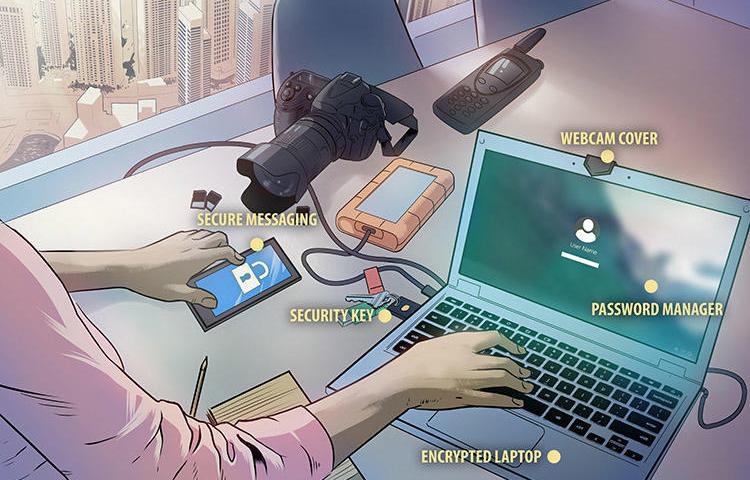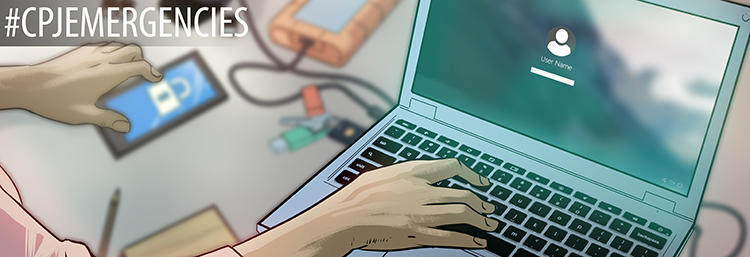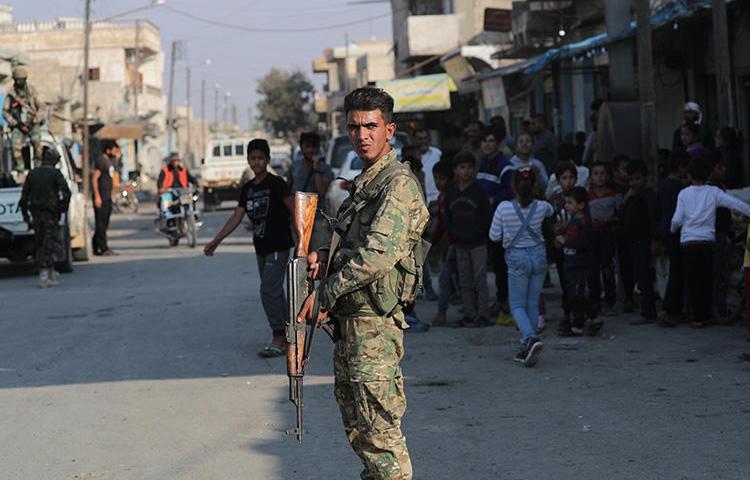
CPJ Safety Advisory: Covering Rojava and northern Syria
Following Turkey’s military incursion into northern Syria in October, dozens of local and international journalists have reported on developments from the region. The military action has increased risks for journalists, with at least three killed during Turkish airstrikes last month, according to CPJ research.
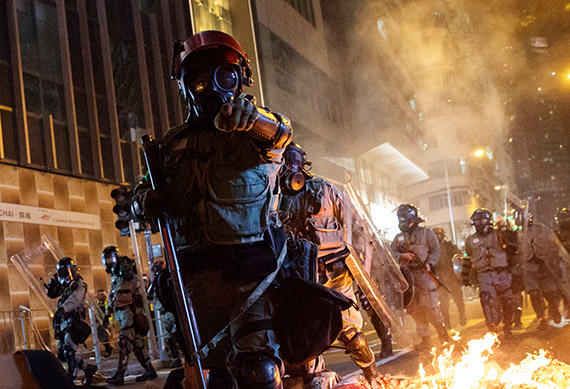
CPJ Safety Advisory: Covering unrest in Hong Kong
Police and protesters continue to clash in Hong Kong, especially on the weekends. Incidents in recent months that CPJ is aware of include journalists hit by pepper spray, tear gas, or projectiles fired from crowd-control weapons; police briefly detaining journalists; and demonstrators attacking journalists whom they believed were affiliated with pro-China news organizations. Journalists should…
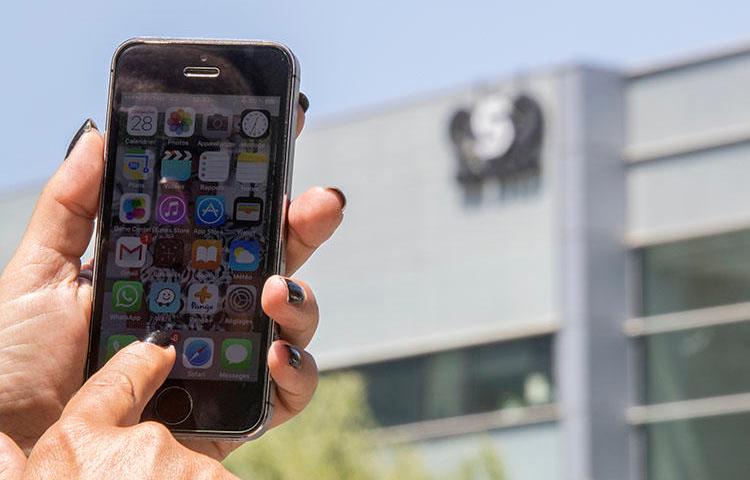
CPJ Safety Advisory: Journalist targets of Pegasus spyware
Pegasus is a spyware created for mobile devices which transforms a cellphone into a mobile surveillance station. Researchers have documented it being used to spy on journalists. This raises significant implications for journalists’ own security and that of their sources.
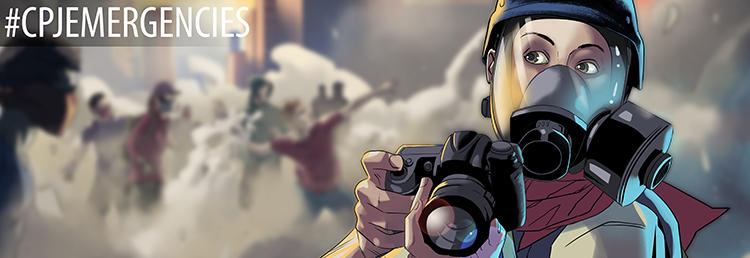
Physical Safety: War Reporting
Reporting from the front lines of a conflict is one of the most challenging assignments a journalist can undertake. All war correspondents should have hostile environment training, up-to-date medical training, and the correct safety equipment before going on assignment in a conflict zone.
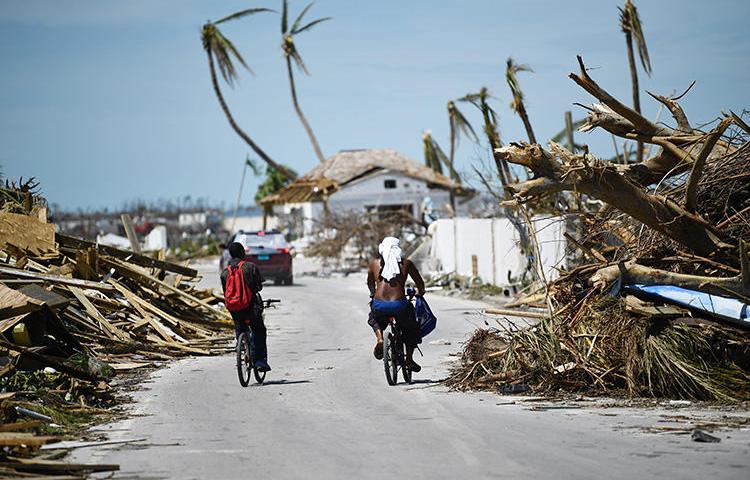
CPJ Safety Advisory: Covering the aftermath of Hurricane Dorian in the Bahamas
Hurricane Dorian, a Category 5 storm, hit the Bahamas on September 1, 2019. The scale of the devastation only became fully clear September 4-5, with the country’s Grand Bahama and Abaco Islands being severely impacted, according to news reports.
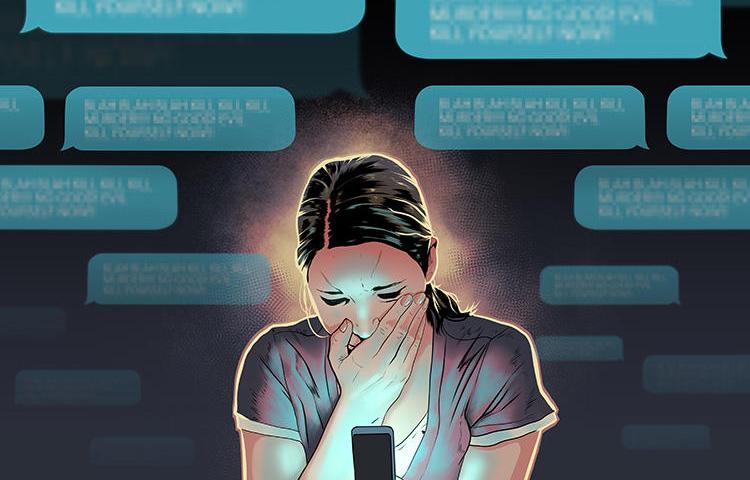
Psychological safety: Online harassment and how to protect your mental health
Journalists are frequently at risk of being harassed online in an attempt by hostile actors to intimidate or force them into silence. The harassment, most commonly directed at female journalists, often includes threats of violence against the journalist and their family and friends.

Physical safety: Solo reporting
Solo work is becoming more common, especially for broadcast and video journalists. However, working alone can make journalists vulnerable to physical assault. For assignments in locations such as neighborhoods with high crime rates, protests, or remote areas, it is advisable that journalists do not work alone.
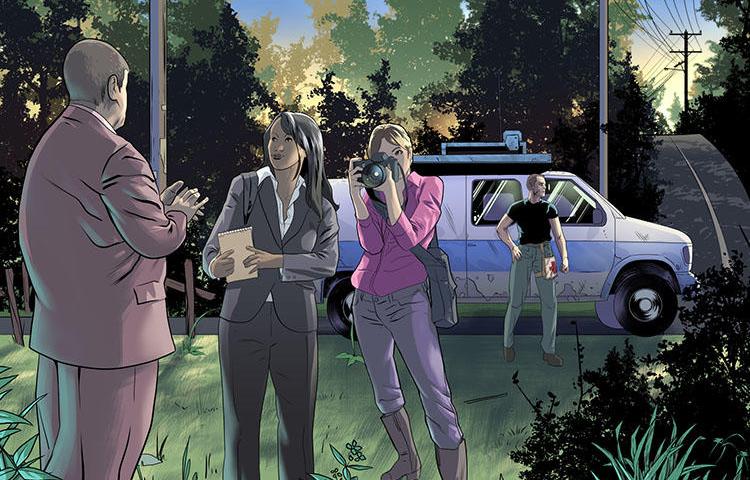
Physical safety: Mitigating sexual violence
Sexual violence can take many forms, including sexual and physical assaults. Any individual can be the subject of sexual misconduct, but journalists are often at risk from a range of people, including sources and members of the public, while they are reporting. That risk is heightened for female or gender non-conforming journalists.
